Larissa “Dap”Pesimo-Gata (Batch With No Name ’90) is currently a doctoral candidate at the University of Florida at Gainesville. She became a faculty member of the College of Forestry, UP Los Baños after finishing his bachelor’s degree (magna cum laude) in Forestry in 1994. She is married to a Varron, Ramil Gata (Youth of Liberty ’89).
You graduated from College of Forestry. Why did you go from being a forester to being a social scientist? Or do you think asking this question is being too naïve?
The transition was inevitably work-related. I was recruited by Dr. Rebugio immediately after my graduation in 1994 to be a faculty member of the then Department of Social Forestry (now the Department of Social Forestry and Forest Governance). Since then, my perspective had shifted from technical forestry to the social sciences. The department wanted me to pursue a degree in Social Psychology but I could not find much academic inspiration from it. So I tried arguing my way to Sociology, which has captured my curiosity regarding Mead’s and Goffman’s Symbolic Interactionist perspectives. Finally, I was granted the permission to do Sociology instead. I applied and got accepted to the University of Florida in 2005 and the rest is history.
On “Mead’s and Goffman’s Symbolic Interactionist perspectives,” how would you say it if you are putting it as part of your Facebook / Friendster profile?
Symbolic interactionism is one of the main theoretical perspectives in Sociology which looks at a micro-level analysis of individual behavior amidst social context. For example, Goffman argues that life is a stage play in full regalia (complete with actors, front stage, backstage, and script) and that people present themselves in everyday life to manage the impression that they want to project on different people at different instances. What we see of others is partly influenced by what we want them to see of us too.
A quick Google search points to your name being associated with the following loaded and provocative words: “racism” and “social injustice”. Are these the topics you are pursuing in your graduate studies? To what extent do you consider these issues very much “alive” in the Philippines? How do you see these issues being played in the US?

Larissa Pesimo-Gata with Dr. Bunyan Bryant, a pioneer in environmental justice and a professor at the University of Michigan in Ann Harbor
Yes, these are topics that interest me right now. I am in the process of finalizing manuscripts that I have presented in different conferences around the US on these topics. My interest on these topics is partly because of some personal experiences I have had while in the US, and partly because of the fact that these areas are not well-explored in the Philippine social sciences. While I was searching the literature on Environmental Sociology, which is my major field, I came across some seminal works on the critical race theory that captured my sociological imagination. At present, I am working on becoming a race scholar but because of my intellectual obligation to the Department, I still maintain my interest on environmental issues. Being both a race scholar and environmental sociologist expands my research base especially in areas like environmental justice, health disparities, social movement, identity politics, and others. Issues of racism and racial discrimination are in fact very much alive in the Philippine society. We may not be able to recognize them right away; but issues related to race and ethnic relations are central to our pursuit of a Filipino national identity. The Filipino project is not yet done; and its expansion must now be seen at various levels of interactions, in various contexts. As to how do I see these issues being played out in the US? I still find Du Bois’ assertion that race is the defining feature of American society as relevant, correct and current. There is terribly a pervasive overt racism still going on in the American society. To dismiss the existence of such social phenomenon is to be plainly blind to the social inequalities in the US. Unfortunately, even the most educated people have a hard time locating the mechanisms that promote institutional and intentional racism in their everyday/every night existence; or maybe they still remain in denial to protect their own sanity or to continue hoping and dreaming for the great American dream.
On Du Bois, can you give us a two- or three-sentence summary as to who he is and his philosophy?
Du Bois was the first African American male to graduate from Harvard (that old all-white racist school), and one of the most influential classical thinkers in American Sociology. He is most celebrated especially among race and ethnic scholars, but he also touches a lot of different intellectual arenas.
Last Updated on October 12, 2016 by Tudla_Admin









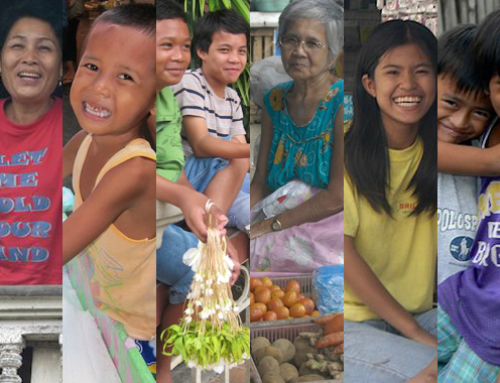
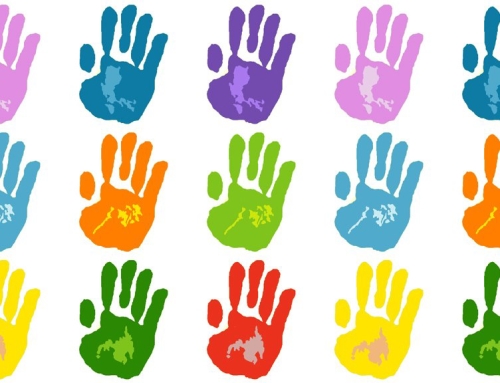

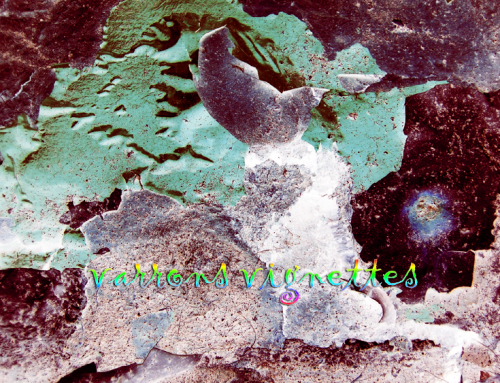
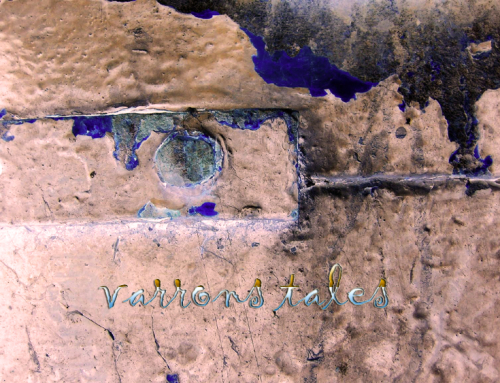
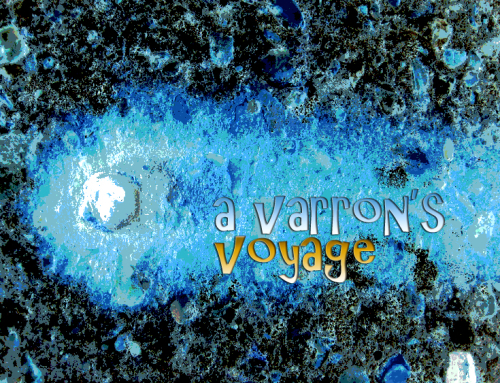
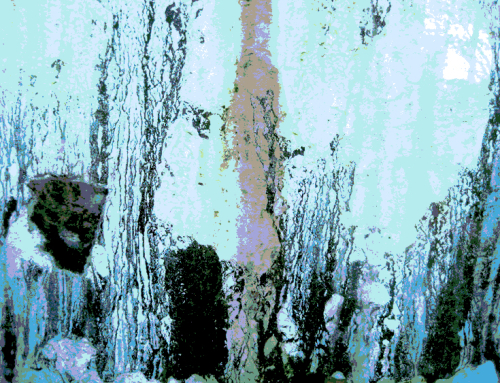
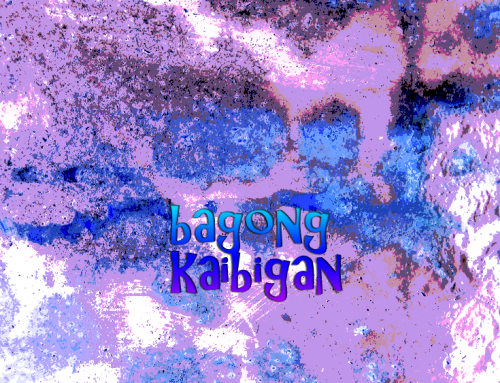
[…] Larissa “Dap” Pesimo-Gata (BWNN II ‘90). Dap got her BSF degree from UP Los Banos in 1994. She is currently on leave from her faculty position at the College of Forestry and is completing her doctoral degree in social sciences at the University of Florida. For more information about Dap, please visit the Interview page. […]